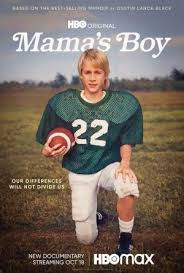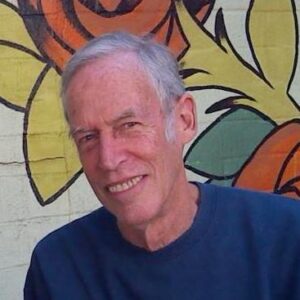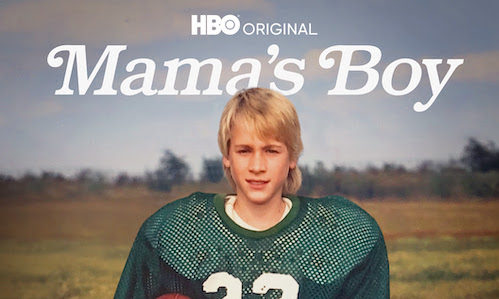 Mama’s Boy
Mama’s Boy
Directed by Laurent Bouzereau
HBO Max
If you have ever questioned Dustin Lance Black’s ability to tell the story of a prominent LGBTQ activist on screen, the opening clip of him accepting a 2009 Oscar for the screenplay of Milk should dispel that concern. In Mama’s Boy, Lance tells his own story, literally, in much of the film, speaking directly to the camera (and at the risk of seeming unprofessional, I must say he’s not hard to look at).
Lance—as he prefers to be called, for reasons he makes clear—already told this story in the book Mama’s Boy: A Story from Our Americas.
The film is also the story of Lance’s mother, Anne, who was raised in poverty in Louisiana. Stricken with polio as a child, she was told she’d never be able to have children (Wrong! Lance was the second of her three sons) and she never regained full use of her legs.
The patriarchal Mormon church made Anne stay with two horrible husbands until she found the strength to rebel against each. The church also provided her with financial assistance when needed. When Lance felt his first gay stirrings at the age of six, the church’s preaching on the subject kept him from coming out until well into his college years at UCLA.
Having been taught by his mother to fight for what he believes in, Lance put most of his post-Oscar energy into political activism on behalf of same-sex marriage and other causes. Rather than protesting, he initiated dialogue with opposing forces, including the Mormon church.
As inspiring as it is informative, Mama’s Boy, streaming now on Max, made me cry more tears—happy and sad—than any film in years.
 In the spring of 2024 Steve Warren will mark 50 years of writing about entertainment for LGBTQ+ press.
In the spring of 2024 Steve Warren will mark 50 years of writing about entertainment for LGBTQ+ press.






